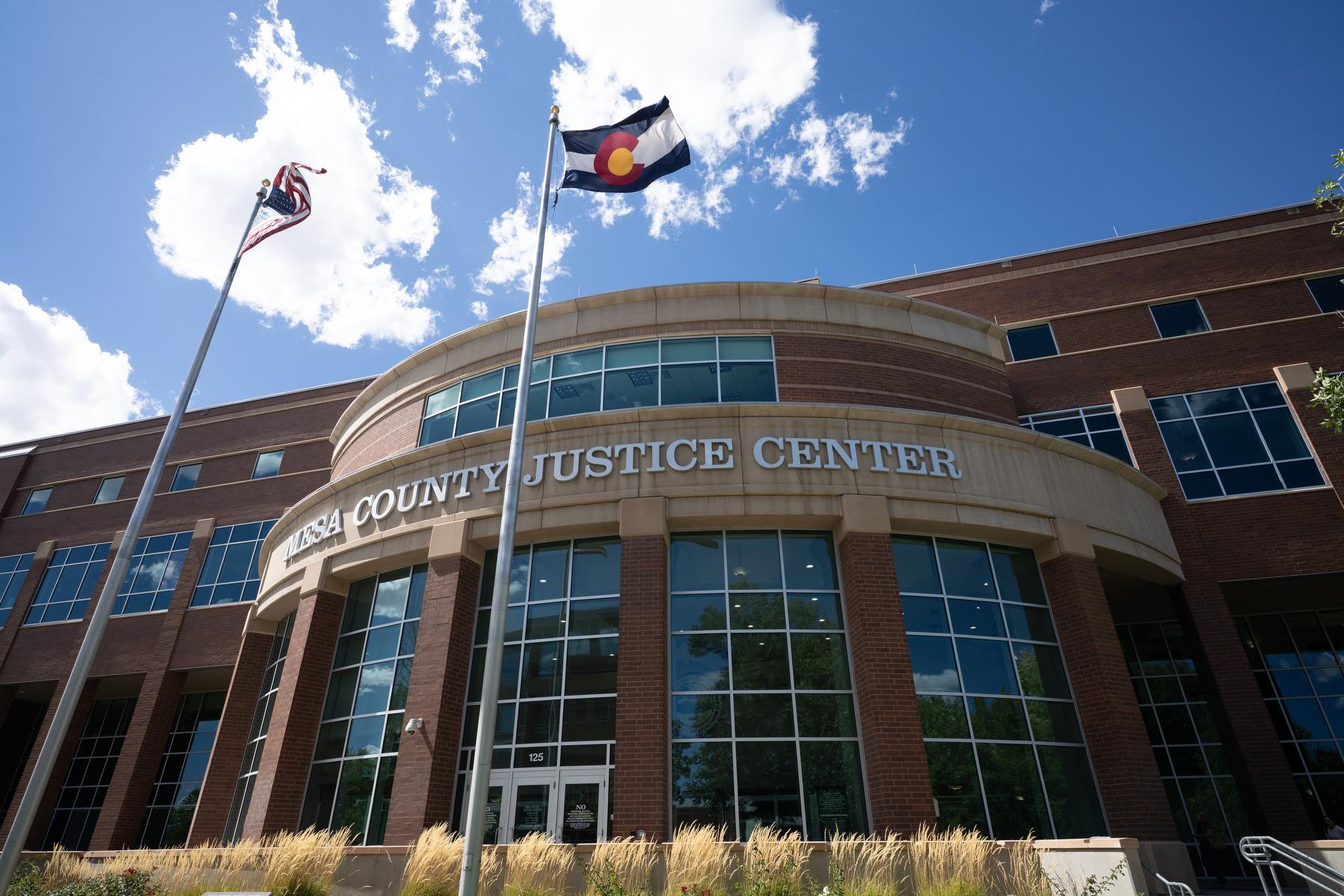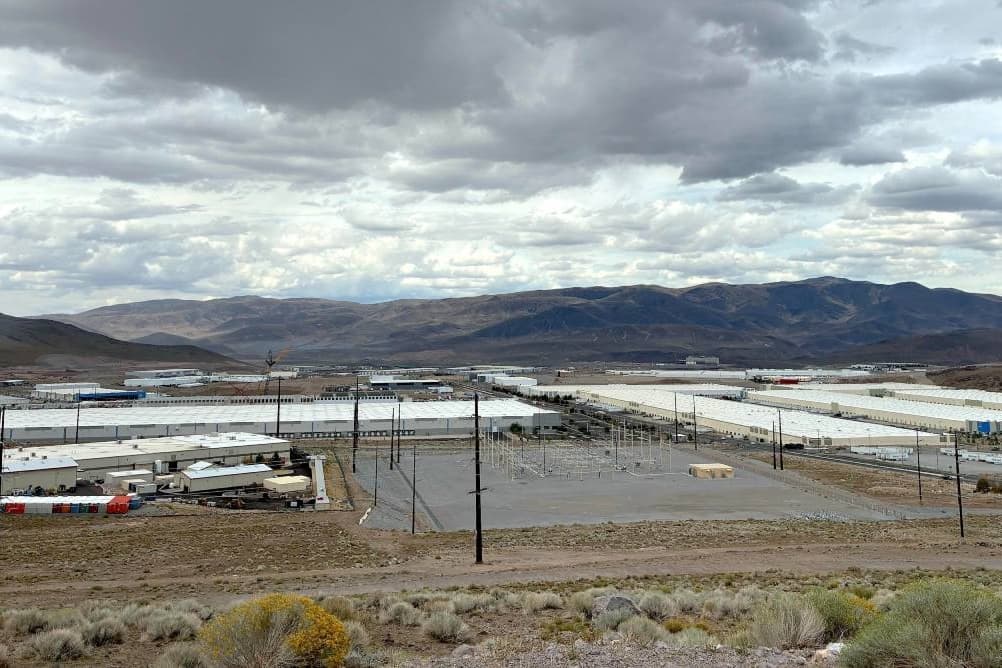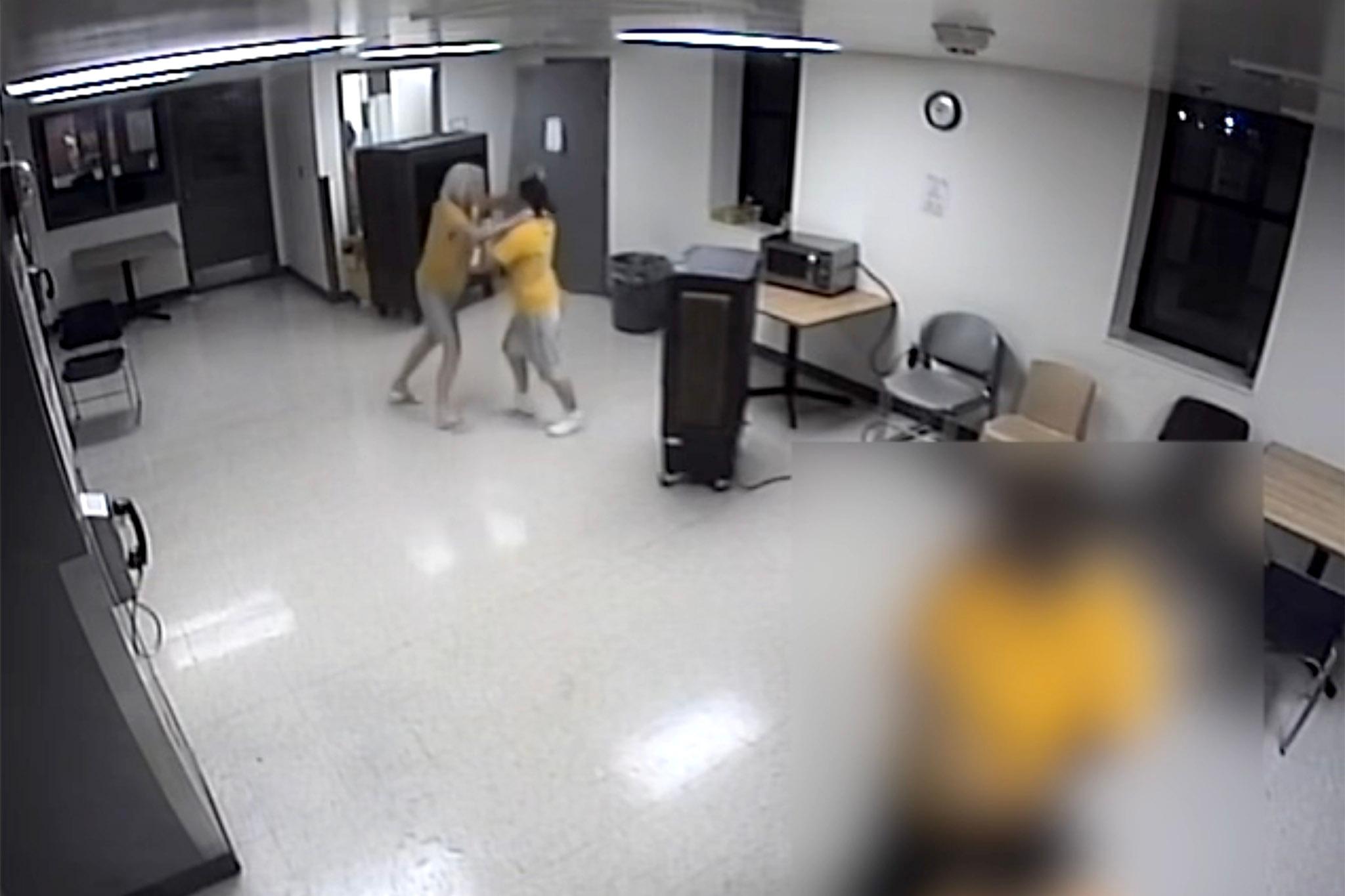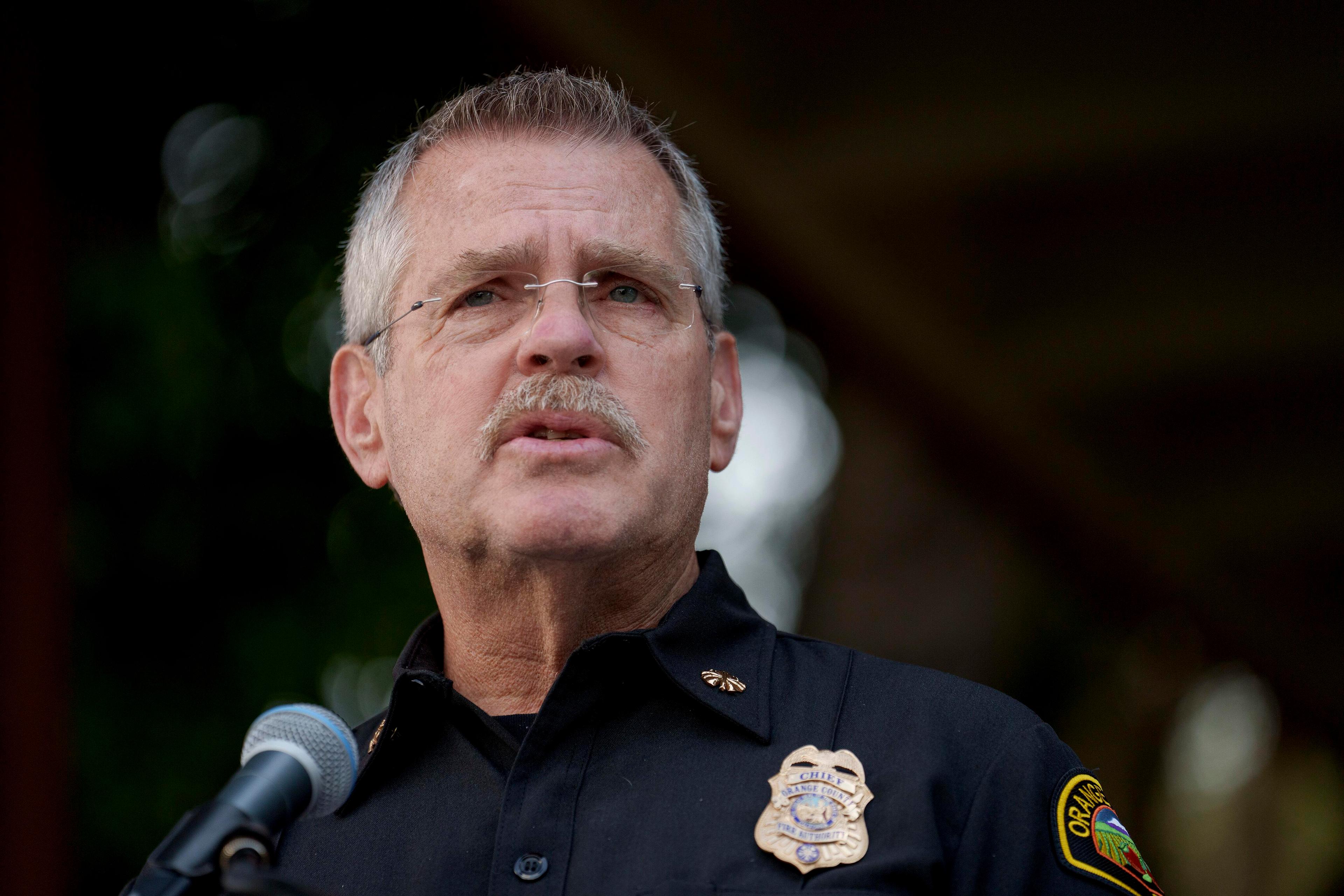
Faced with the prospect of re-litigating one of the county’s most notorious criminal cases, prosecutors in Mesa County are asking the Colorado Supreme Court to review a lower-court ruling affirming a new trial in the case of a man convicted in a string of pipebombings from the early 1990s.
James Genrich was convicted on numerous charges in 1993 related to a string of pipe bombings that killed two people, Maria Delores Gonzales and Henry Ruble. Earlier this year, the Colorado Court of Appeals upheld an order that Genrich be granted a new trial based on new evidence casting doubt on a key piece of testimony from the trial, which argued that tools owned by Genrich were the only ones that could have made the pipe bombs in question.
In a filing to the Colorado Supreme Court on Thursday, prosecutors for the 21st Judicial District Attorney’s Office argued the judges misapplied the legal standard that determines when new evidence is sufficient to warrant a new trial.
“Nowhere in the postconviction court’s order or in the division’s opinion did the courts cite evidence that someone else probably committed the crime; that the defendant probably could not have committed the crime; or even that the crime was probably not committed at all,” they argue in the filing. “Instead, the division’s focus went to undermining the key evidence linking the bombs to Genrich, but not showing that someone else committed the crime or that Genrich could not have done so.”
At issue is testimony from the toolmark analyst at the original trial, John O’Neil. During the trial, O’Neil testified that markings found on parts of exploded pipe bombs could be traced to tools owned by Genrich “to the exclusion of all others.”
An earlier court ruled that the line was inadmissible based on new scientific findings. Whether or not that evidence is enough to warrant a new trial is now in question. Genrich’s defense team, which includes attorneys from the Innocence Project, argues the remaining evidence at trial was circumstantial and not likely to produce a conviction. Thus far, two courts have agreed with them.
Prosecutors, however, say the issue was sufficiently considered by jurors in the early ‘90s and that the state’s highest court needs to weigh in to provide clarity for cases going forward.
“Because new advances in science emerge daily, lower courts need guidance on how to apply this court’s precedent,” the petition for review says.
Genrich’s request for a new trial has been playing out for years. Genrich has appealed the conviction multiple times and, in 2023, a postconviction court ordered the new trial in the case. Since his conviction in 1993, and throughout his appeals process, Genrich has been in state prison. One of his attorneys with the Innocence Project, Chris Fabricant, maintains that Genrich is innocent. In 2022, Fabricant published a book on faulty forensic science and its use in wrongful convictions.
When the court of appeals sided with Genrich earlier this year, the ruling noted that much of the evidence beyond the tool-mark analysis was circumstantial and unlikely to lead to a conviction. Because of that, a new trial was warranted. However, the 21st Judicial District Attorney’s Office says the court is misapplying a standard set by Farrar v. People when it calls into question the witness testimony on tool mark analysis.
“Language such as 'effectively neutralized' and the 'kind of evidence that a jury might rest its decision on' and 'the jury at a new trial would hear evidence as to the potential bias' are not probative of innocence, and therefore are not sufficient to justify a new trial under the directives of Farrar,” prosecutors argue.
The petition goes on to argue that regardless if the standard for a new trial was applied correctly, the case does not warrant a new trial because the expert witness testimony was disputed at the original 1993 trial and therefore was adequately considered by jurors.
“The only proffered new evidence are the opinions of scientists rejecting the foundational basis of O’Neil’s opinions, challenging his methodology, and suggesting that he was infected by subconscious bias,” the petition reads.
That evidence is derived from a National Academy of Sciences study beginning in 2008 that examined, and in some cases debunked, forensic practices used in criminal trials. One of the forensic tactics they found fault with was toolmark analysis. While those findings have been at the heart of Genrich’s appeal, prosecutors for the 21st Judicial District say they weren’t found to have fully discredited expert testimony, only the claim that Genrich’s tools could be shown to have constructed the bomb “to the exclusion of all others.”
“This case involves a 33-year-old double homicide case that went to trial in 1993. In that trial 109 witnesses were called (62 by the People and 47 by the defense) over five weeks. The division affirmed the order granting a new trial based on the conclusion that one clause of one sentence of O’Neil’s opinions, that being that the matches were made ‘to the exclusion of all other tools,’ would no longer be admissible if the trial were held today,” their filing reads.
Elsewhere in the request, prosecutors note a difference between the expert testimony discrediting toolmark analysis and the work done to convict Genrich.
“In contrast (to the prosecution’s expert witnesses), Genrich’s experts were all academics who lambasted the lack of scientific basis for toolmark analysis and lamented the field’s susceptibility to bias, but none of them had ever looked at the evidence in the case nor had ever done a single toolmark analysis; and none of them testified that Genrich’s tool did not or could not have made the marks at issue.”
Editor’s note: The original trial against Genrich was prosecuted by since-retired District Attorney Steve ErkenBrack in 1993. ErkenBrack is now a member of Colorado Public Radio's Board of Directors.
- Appeals court upholds new trial order for Grand Junction man convicted in pipe bomb killings
- Judge orders new trial for Grand Junction man convicted in ’90s pipe bombings
- Interview: Innocence Project attorney representing the Grand Junction pipe bombing case talks junk science and wrongful convictions








